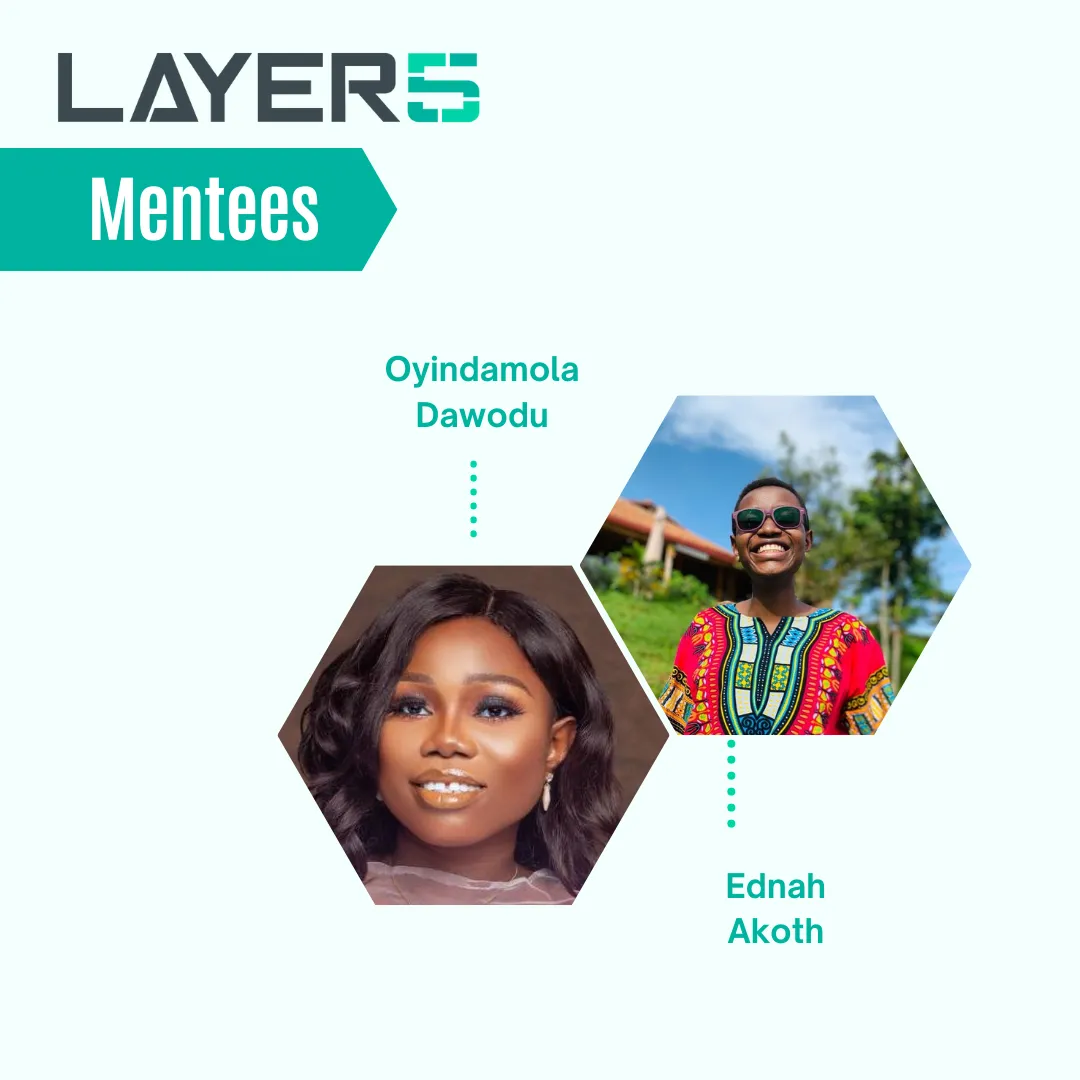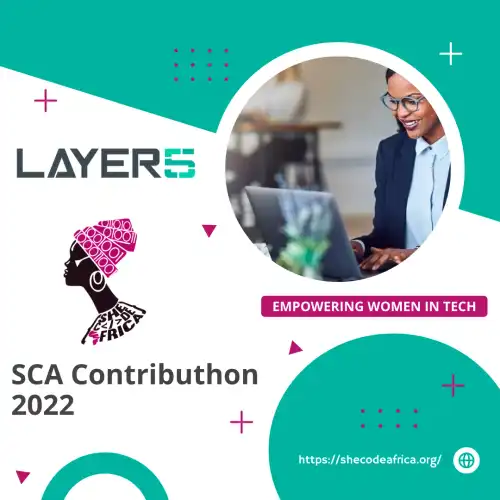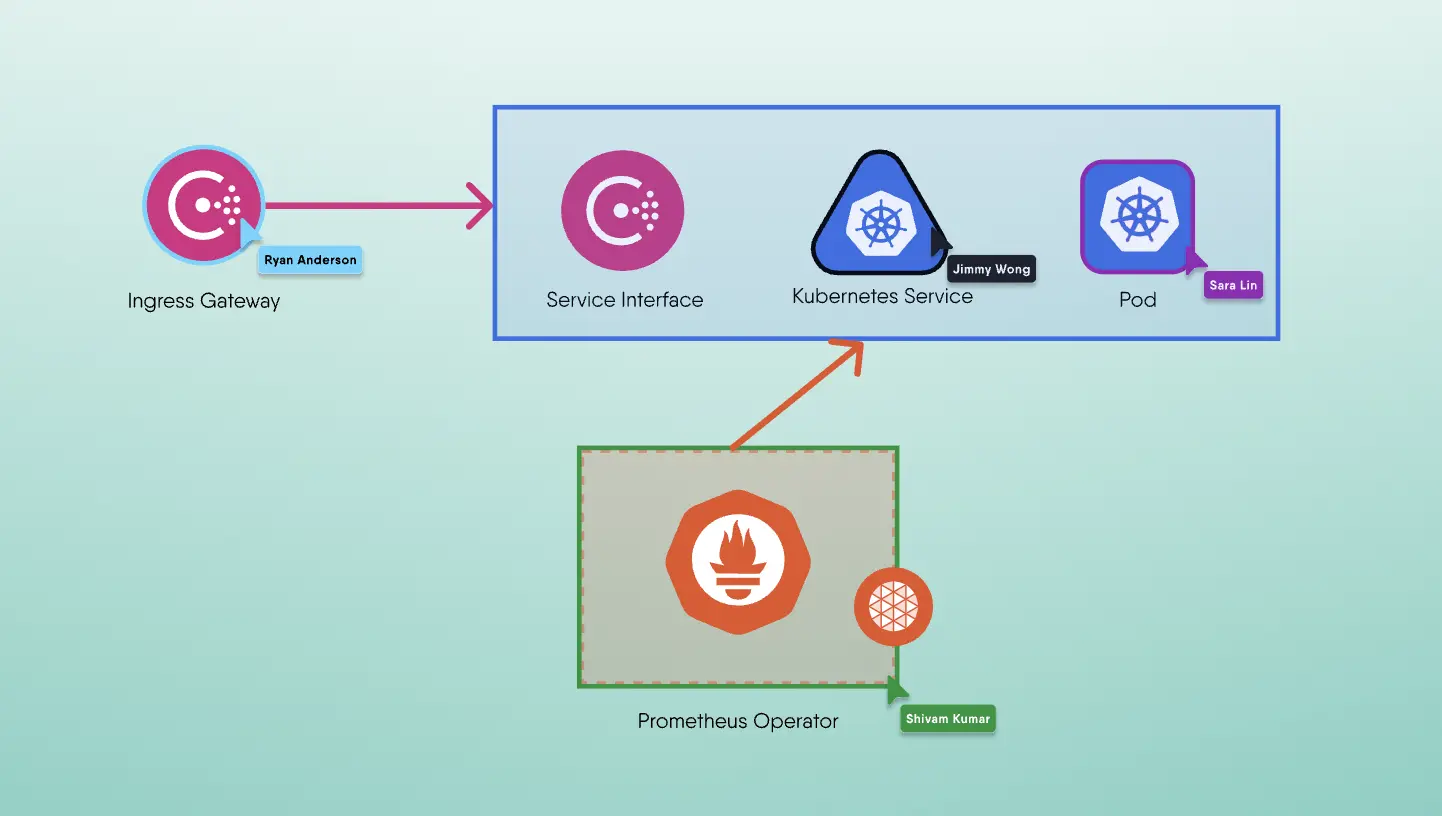To newbies, open source contributions may seem daunting. In much the same way that non-techies develop a reverence for programmers courtesy of the film industry’s portrayal of them as wizards whose brains magically sprout up elaborate mathematical models and whose mouths eloquently spew technological jargon, so do newbies perceive contributors: a bunch of techies who debug in seconds, recite programming language documentation by heart and, well, create pull requests in their sleep (this is a bit exaggerated, but you get the point).
This perception diminished any notion of our Stack Overflow and W3Schools-dependent selves ever having a shot at open source contribution. It often felt as if we haven’t attained the required caliber of ‘techie-ness’ requisite to join the erudite army of programming soldiers; that our match and stomps wouldn’t match the rhythm of these valiant sergeants.

However, She Code Africa’s Contributhon program deconstructs this perception, moreso for women, by partnering with open source organizations like Layer5 and offering women the opportunity to receive mentorship that eases them into being ardent contributors.
After a rigorous selection process, we:
- Oyindamola Dawodu, Frontend Developer
- Ednah Akoth, Frontend Developer
The Leaderboard Project
For 8 weeks, we have had the chance to immerse ourselves into Layer5’s open source contribution community by curating a leaderboard for Layer5’s discussion forum to show the most active participants based on various metrics such as likes received and posts created.
We built this leaderboard to encourage more intentional communication and exert positive peer pressure on community members, thereby subconsciously incentivising them to give more solutions to problems discussed on the forum, and actively engage with content posted by other members
The project has presented an immersive learning experience for us, right from learning how to navigate using the ubuntu terminal, learning how to set up a local discourse development environment and render web pages, examining the discuss API documentation and understanding the API endpoints needed to fetch the required data and designing the UI (User Interface) of the leaderboard.
Challenges We Faced
Getting acclimated to the intricacies of the discourse development environment has been no easy feat. There were moments where we stared at code on discourse in utter oblivion on its purpose or functionality, or faced version issues that impeded our discourse instance’s ability to run. It sometimes got even more frustrating when something as simple as a fetch instruction that you have been writing for almost the entirety of your programming life fails to work and none of the Stack Overflow fixes work.
This question kept us going; How would we become the ardent while in their sleep bug fixers and prolific contributors if we don’t build the fortitude to weather such disheartening moments?
During moments like these, the Layer5 community, particularly MeshMates and our mentors often saved the day, sharing resources or offering explanations on what ought to be done to salvage the situations.
Lessons We Learned Along the Way
Overall, the journey has exercised and built upon our skills repertoire in HTML, CSS, JavaScript and Version Control, and induced us into the contribution workflow, right from finding an open issue to work on, setting up the required environment to developing the solution.
Furthermore, receiving feedback from both our mentors and members of the Layer5 community with regards to matters like the scalability of our data fetch methods, potential misuse of the leaderboard metrics to gain advantage, the converse outcome that our leaderboard could have (dishearten new members form contributing due to the seemingly low chance of their input reflecting on the board), more responsive UI fixes among others, helped us to become even more cognizant of the idea that we are developing not just for ourselves and our portfolios, but for a wider and greater audience.
We became more abreast with the idea of developing for a community or for a greater purpose and the imperative role of feedback in that development process. We became more comfortable with the idea that we essentially do not own the product despite all the sweat we pour into it; we are instead a part of a larger community that comes together to build a widely suitable, sustainable and inclusive product.
Appreciation
Through building this leaderboard for Layer5’s Community Forum, we have assimilated ourselves into the glorious match of soldiers that previously intimidated us. We stepped foot into the previously deemed insidious territory of open source contribution and realised that we too have a lot to offer in this ecosystem.
We have discovered a community of competent, supportive and serial problem-solvers, right from our mentors:
to the entirety of the contributors, a knowledge powerhouse that we look forward to continue contributing and building towards.
Additionally, we would like to convey hearty regards to She Code Africa for availing this program as a stepping stone to women like us to get started in OSS. Their clarity in mission and vision execution and elaborate support structure has given a significant lift to women in Tech and curated a place where they can receive mentorship and the intellectual stimulation that necessitates and inevitably culminates to growth.
Ednah Akoth & Oyin Dawodu

